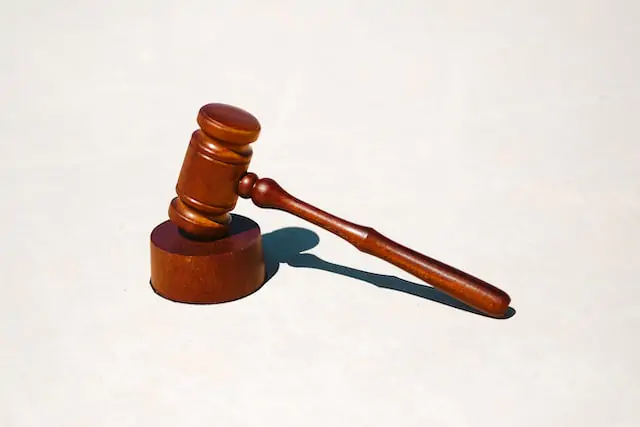Examining Your Role in a Personal Injury Lawsuit

Navigating a personal injury lawsuit can feel like trekking through a maze. You might feel lost, anxious about your role, or uncertain about the next step. Whether you’re the one hurt, being accused, a witness, or seeking the best legal advice, understanding your place in the process can ease some of that stress. Ready to clear the fog? Keep reading to understand your role and journey through the lawsuit with confidence.
1. Basics of Personal Injury Lawsuits
A lawsuit is initiated when an individual believes they’ve suffered harm due to another’s actions or negligence. Such instances span a wide range – from vehicular accidents and workplace injuries to incidents like dog bites or injuries on private properties. Understanding the foundational elements of these lawsuits can shed light on the responsibilities and rights of the involved parties.
2. Identifying Your Role in a Personal Injury Lawsuit
Knowing one’s position is similar to having a compass in the legal jungle. Participants can range from the aggrieved party (plaintiff) to the accused (defendant) or even a mere observer (witness). By identifying and understanding your role in a personal injury lawsuit, you position yourself to take the proper steps, ensuring you’re neither passive nor unprepared.
3. The Plaintiff: Responsibilities and Expectations
The plaintiff, feeling wronged, seeks justice and, often, compensation. The journey starts with documenting the incident, gathering pertinent evidence, and consulting medical professionals. Keeping detailed records, photographs, and medical bills can substantiate claims. As you explore your role in a personal injury lawsuit, partnering with a skilled attorney becomes central, helping articulate your grievances effectively.
4. The Defendant: Duties and Rights
Being a defendant doesn’t imply guilt. It means you’re challenged to present your perspective. Understand the specifics of the accusations and familiarize yourself with your rights. For instance, you’re entitled to legal representation and a fair trial. Engaging in your role in a personal injury lawsuit involves gathering evidence to counter the plaintiff’s assertions and seeking legal advice to maneuver the proceedings effectively.
5. Witnesses: Sharing Vital Information
Witnesses are unsung heroes, offering clarity amidst conflicting narratives. Whether you’re a direct observer or possess expertise that could illuminate certain facets of the case, your role in a personal injury lawsuit is to provide unambiguous, honest testimony. Such contributions ensure justice is served based on factual recollections and expert insights.
6. Legal Representation: Choosing the Right Advocate
Navigating legal waters without an experienced guide can be perilous. An attorney’s expertise extends beyond just courtroom representation. They decipher the legal jargon, strategize the case based on your role in a personal injury lawsuit, and ensure you’re always a step ahead. Choosing a knowledgeable lawyer can be the linchpin for a favorable outcome.
7. Importance of Evidence and Documentation
Evidence and documentation are cornerstones in a personal injury lawsuit. This entails detailed records like medical bills, photographs, and witness statements for plaintiffs. Defendants must gather material challenging these claims. Consistency in statements and accurate recall are paramount. Witnesses should prioritize clarity in their testimonies. Remember, the strength of a case often hinges on what can be substantiated. Engaging diligently with evidence, regardless of your role in a personal injury lawsuit, can significantly influence the lawsuit’s outcome.
Wrapping Up the Legal Journey
Each participant in a personal injury lawsuit has a unique, pivotal role. When these roles are executed with diligence and understanding, the path to resolution becomes more apparent. It’s paramount to not only comprehend one’s part but also to embrace it actively. In this endeavor, professional guidance proves invaluable, leading the way toward informed decisions and desired outcomes.





